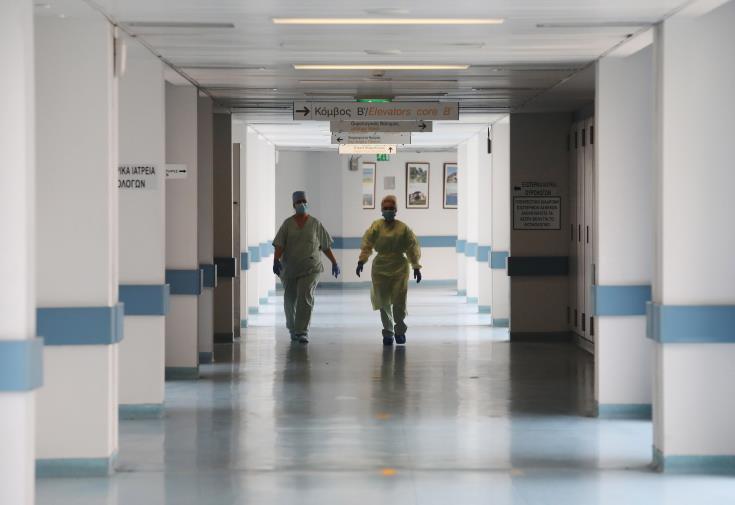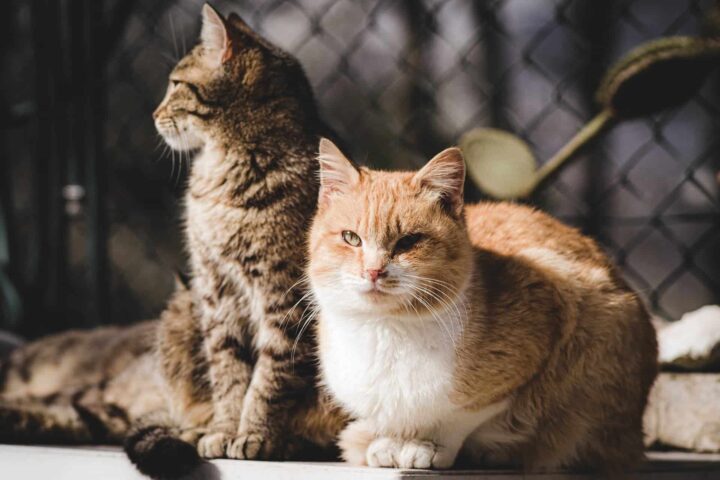This time two years ago, a novel coronavirus was happening in a faraway place called Wuhan in China; we didn’t think that several months later, the globe would catch the deadly virus.
We thought it would pose little more than a nuisance such as the common cold or flu if it ever reached our shores.
What the Chinese did or didn’t know about the disease is of minor consequence now it has killed five million people, tore up the world economy and made travel an obstacle course.
This week coronavirus notched up five million officially confirmed deaths worldwide.
It would wipe out almost the entire population of Melbourne or most of Singapore.
Ironically, wealthier nations – like the US – with longer life expectancies have larger proportions of older people, cancer survivors and nursing home residents, all of whom are especially vulnerable to COVID.
Many experts believe five million is an undercount; the real figure could be double or treble that.
Many countries cannot accurately record the number of people who have died from COVID-19, like in India or Africa, while Russia’s figures are disputed, and there’s also China.
The first cases touched Cyprus in early March 2020, and there seems no reason to suggest we will be free of COVID by March 2022.
An unprecedented pandemic has brought changes to our social behaviour, governs our daily interaction and polarised Cypriots.
There are now divisions in our approach to the virus on an island divided by barbed wire and politics.
A line is drawn between those who take COVID-19 seriously, embracing social distancing, face coverings and vaccinations and those who treat it as a conspiracy to limit our freedoms.
Anti-vaxxers are a sizable minority that hinders the vaccination rollout and efforts to contain the deadly virus.
Death rates are higher in countries where the vaccination rate is low or lagging despite the availability of jabs.
They are not interested in the science or the evidence; they know what they know and let’s leave it at that.
But the pandemic cannot be overcome if misinformation, distrust and scepticism are allowed to take the high ground of public discourse.
Individual freedom must be respected but not to the point where reckless behaviour puts innocent lives at risk.
However unreasonable or illogical their behaviour, trusting the government to get us through this is no easy task.
Surprisingly, its track record in fighting the virus has been commendable.
It has fully vaccinated 80% of the adult population, revived the economy and kept the death count below 600.
These metrics stand the test of comparison, but there are fears the rest of the health system is suffering from the strain on resources.
Waiting lists for routine operations have been allowed to pile high while the focus has shifted from treating serious non-COVID illnesses.
Understanding the full extent of the pandemic’s killing power could take years.
Despite the vaccination drive across Europe, cases are starting to rise again since a September lull.
Scientists believe the more potent Delta plus variant is the driving force behind the new surge.
Europe
Europe is once again the epicentre of the pandemic where health systems are threatened.
New cases have increased and so have the number of deaths and hospitalisations.
Several countries in central and eastern Europe have seen an increase in daily cases over the last weeks.
Cyprus has also seen an uptick in infections as it tries to vaccinate more younger people while the booster rollout is struggling to make progress.
As winter beckons with a fear of a spike in COVID cases as people stay indoors, there is a general feeling that the worst is over.
There is no big rush by the elderly to get a booster jab, and the general vaccination wagon is stuck in the mud.
The government still needs to get thousands more jabbed to build herd immunity against the virus.
COVID fatigue has seeped into our bones; staying vigilant 24/7 takes its toll on our mental well being.
We are scarred by lockdowns, isolation, social distancing, worrying about symptoms and seeing our loved ones die from the disease.
People are trying to reclaim their lives back as Christmas is visible in the rear-view mirror.
No matter how much we want to celebrate, family gatherings have become tainted by the spectre of COVID.
And Santa won’t be bringing a cure this festive season.










